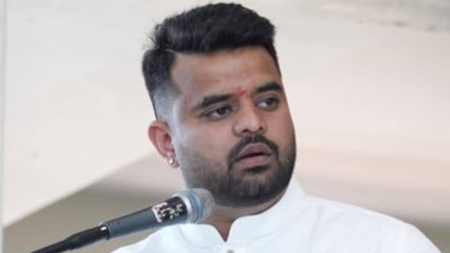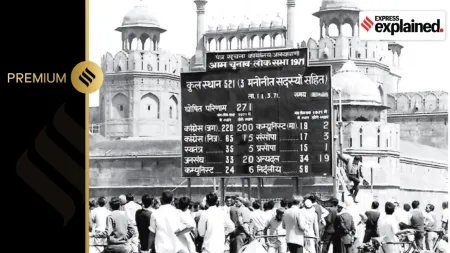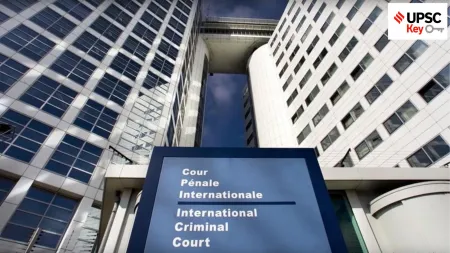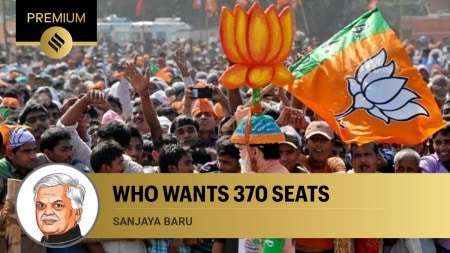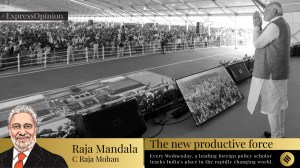- India
- International
Satellite broadband: ‘No communication’ received by DoT yet from three companies
The DoT’s response came on queries seeking to know whether it had, since 2018, received any communication or proposal for setting up of satellite broadband in India from Amazon, OneWeb, SpaceX or any of their subsidiaries.
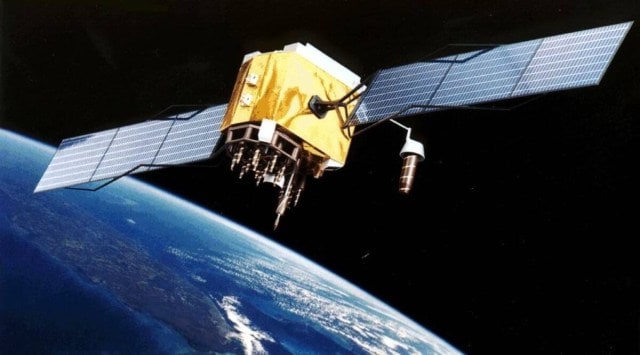 The DoT response in the RTI is in contrast with the plans for satellite broadband announced by the three companies.
The DoT response in the RTI is in contrast with the plans for satellite broadband announced by the three companies.The Department of Telecommunications (DoT) has till date received “no communication” regarding satellite broadband from Amazon, Bharti group backed-OneWeb or Elon Musk’s SpaceX, it has said in response to a Right to Information (RTI) query.
The DoT’s response came on queries seeking to know whether it had, since 2018, received any communication or proposal for setting up of satellite broadband in India from Amazon, OneWeb, SpaceX or any of their subsidiaries.
DoT officials also confirmed the development and said that so far none of these companies had come to them with a “concrete proposal” on starting satellite broadband in the country, although there had been some initial informal discussions between the various departments of the telecom ministry.
The DoT response in the RTI is in contrast with the plans for satellite broadband announced by the three companies. Jeff Bezos’ Amazon, Musk’s SpaceX and Bharti group-backed OneWeb have over the last year announced elaborate plans to launch satellite broadband in India by mid-2022.
SpaceX founder Musk had earlier this year, in a tweet, said that the Starlink internet service, being offered by his company, would soon complete its set-up and start offering commercial internet services to users as early as 2022, while OneWeb also plans to launch high-speed internet services in the country by mid-20221.

The Bharti group-backed company plans to have a constellation of 648 low-earth-orbit satellites as part of its global plan to deliver high speed internet services with low latency. “OneWeb has secured global priority spectrum rights and now successfully completed four launches and aims to offer high-speed internet from OneWeb satellites in India by mid-2022,” it had said in a statement this year.
On the other hand, sources at Amazon India said the company would soon start meeting DoT officials to discuss the modalities and seek necessary approvals such as satellite bandwidth leasing, landing rights among others.
Earlier this year in March, the Telecom Regulatory Authority of India (Trai) had floated a discussion paper seeking stakeholder views on ways to make satellite communication more affordable for ordinary users.
In its 55-page consultation paper, Trai had sought to know whether it should allow ego-stationary, medium and low-earth-orbit satellites providing satellite-based low-bit-rate connectivity or just one would suffice.
“The cost of satellite-based services is on the higher side in the country due to which it has not been widely adopted by end users. What measures can be taken to make the satellite-based services affordable in India?,” Trai had sought to know in its paper.
In response to the consultation paper, OneWeb had said that the government should assess the level of license authorisation fees, spectrum charge, and custom taxes and “define the level of levies to a pure cost recovery basis”.
“It should also be noted that regarding spectrum fees, satellite operators would really benefit from a special spectrum fees formula for gateways operating several antennas using the same spectrum. As such operation requires huge bandwidth, but the spectrum is only assigned for a particular location only and the spectrum denial is not bigger using several antennas versus a single antenna,” it had responded.
On the other hand, Bharti Airtel had submitted that existing regulatory charges should be rationalised and unified into one single levy, and government should recover only the cost of administering licensing activities.
“In order to promote use of satellite technologies, custom duties and levies on satellite based devices, user terminals and equipment necessary for set up of gateway earth stations should be reduced,” Bharti Airtel had said.
May 01: Latest News
- 01
- 02
- 03
- 04
- 05



